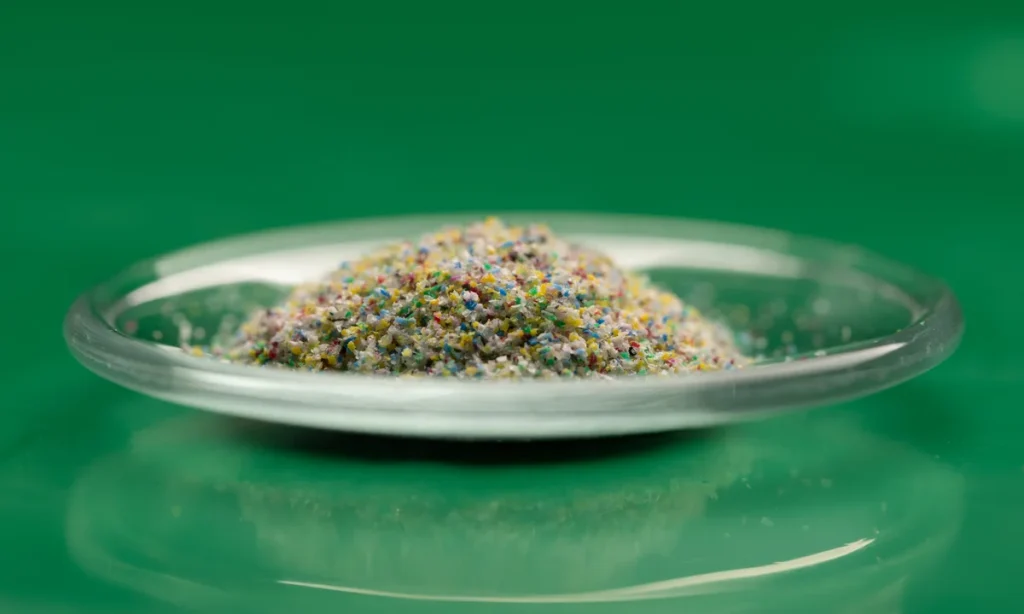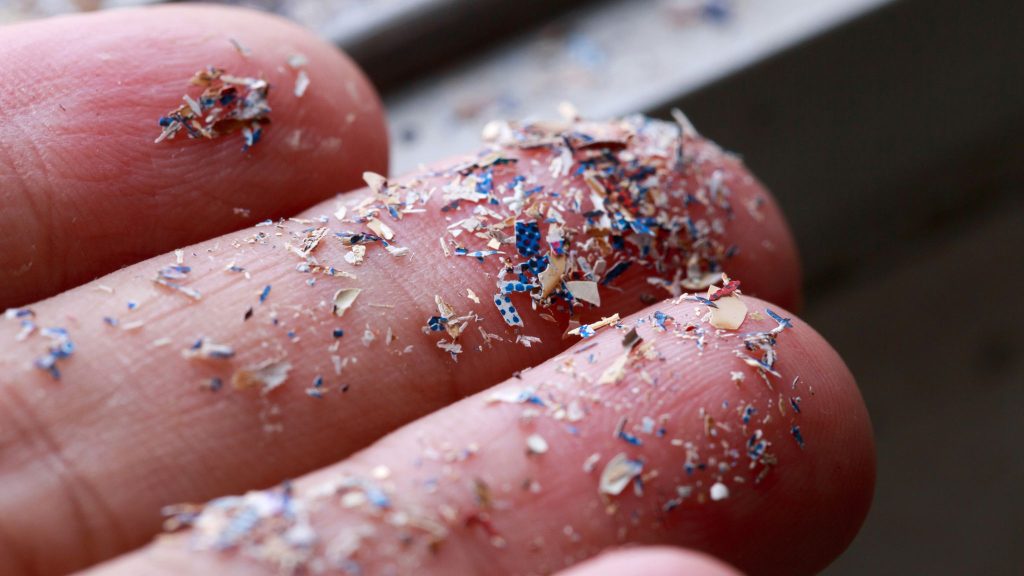Scientists have made a troubling discovery in human blood, which they believe could pose significant health risks over time.
For the first time, these particles have been detected in human blood, with nearly 80% of those tested showing their presence.
This finding indicates that the particles can circulate throughout the body and potentially become lodged in various organs.
While the long-term effects on human health remain unknown, researchers are concerned because laboratory tests have shown that these particles cause damage to human cells.

Air pollution particles are already known to penetrate the body and contribute to millions of premature deaths annually.
Currently, vast amounts of plastic waste are being released into the environment as a result of irresponsible human actions.
Plastic pollution has been found everywhere, from the highest peak of Mount Everest to the deepest parts of the ocean.
It is already established that tiny plastic particles can be ingested through food, water, and even inhaled, and they have been detected in the faeces of both adults and infants.
In a study, researchers examined blood samples from 22 healthy individuals and discovered plastic particles in 17 of them.
PET plastic, commonly found in drink bottles, was present in half of the samples, while polystyrene—used in food and product packaging—was identified in one-third.
Additionally, a quarter of the samples contained polyethylene, a material widely used to make plastic carrier bags.
“Our study is the first indication that we have polymer particles in our blood – it’s a breakthrough result,” stated Professor Dick Vethaak, an ecotoxicologist from Vrije Universiteit Amsterdam in the Netherlands.
However, he emphasized the need for further research, saying, “But we have to extend the research and increase the sample sizes, the number of polymers assessed, etc.” He noted that additional studies are already underway.
“It is certainly reasonable to be concerned,” Vethaak told The Guardian.
He explained, “The particles are there and are transported throughout the body.” Previous studies revealed that microplastic levels in the faeces of infants were 10 times higher compared to adults, and babies fed with plastic bottles ingest millions of microplastic particles each day.
“We also know in general that babies and young children are more vulnerable to chemical and particle exposure,” he continued. “That worries me a lot.”
While the quantity of plastic detected in the blood samples varied, Professor Vethaak reiterated, “this is a pioneering study,” highlighting its significance.

“The big question is what is happening in our body?” Vethaak stated.
“Are the particles retained in the body? Are they transported to certain organs, such as getting past the blood-brain barrier?” He continued, questioning whether the levels are high enough to “trigger disease.” He emphasized, “We urgently need to fund further research so we can find out.”
In a newly published review paper, which Vethaak co-authored, the potential cancer risk was examined. The paper concluded: “More detailed research on how micro- and nano-plastics affect the structures and processes of the human body, and whether and how they can transform cells and induce carcinogenesis, is urgently needed, particularly in light of the exponential increase in plastic production. The problem is becoming more urgent with each day.”







